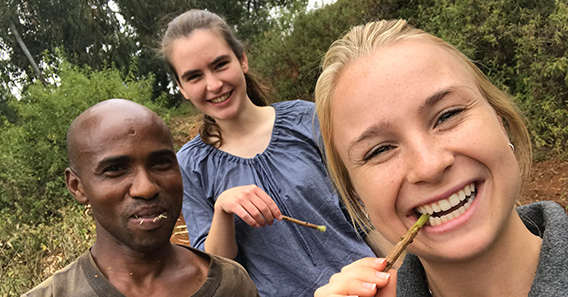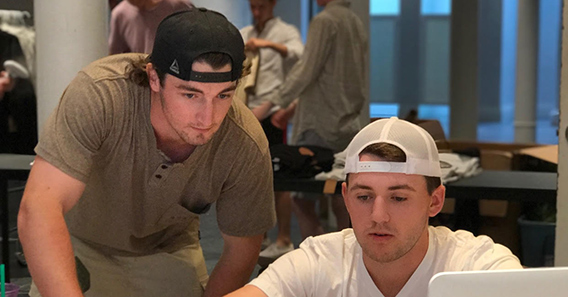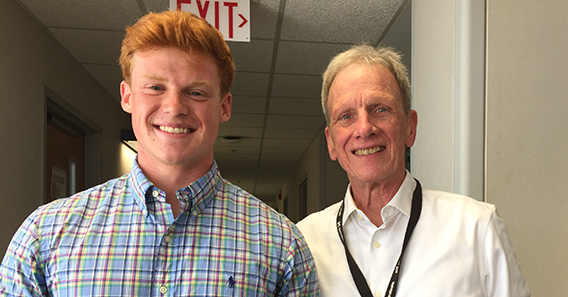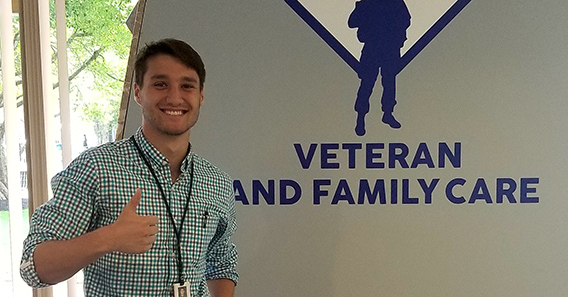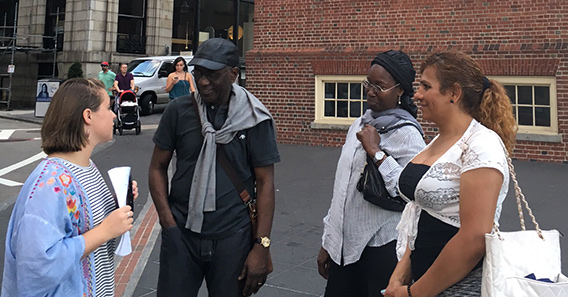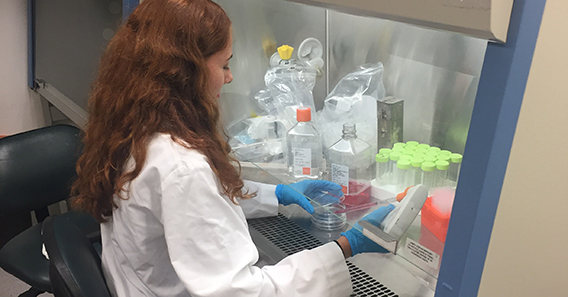
This summer, I had the opportunity to intern for the United Nations Refugee Agency Representation in the Republic of Korea. The United Nations Refugee Agency, or UNHCR, is an official UN mandated organization to assist refugees, asylum seekers and all other persons of concern around the world. Its representation in Republic of Korea serves to help with capacity building for refugee protection in Korea and is in close partnership with the government and the civil society. Another big role that the representation in Korea does is to raise awareness on the refugee issue and to bring in donations.
I was the Communications intern to the Private Sector Partnership team, which means that I assisted with producing materials for existing and potential donors as well as the general public. These materials include blog posts, reports on UNHCR activities and/or refugee situations, newsletters, etc. In addition to creating contents for UNHCR Korea’s various channels, I also took on some administrative tasks such as keeping track of the Communications unit’s inventory and ordering various promotional items for donors and partners.
This summer, I learned that I was right about pursuing my interest of working for the refugee issue. It felt right that I continue working in this sector, especially in my homeland, Korea. I also felt that, now that I have tried working with a bigger company, I would like to try working with a smaller organization in the civil society, in a field other than fundraising.



